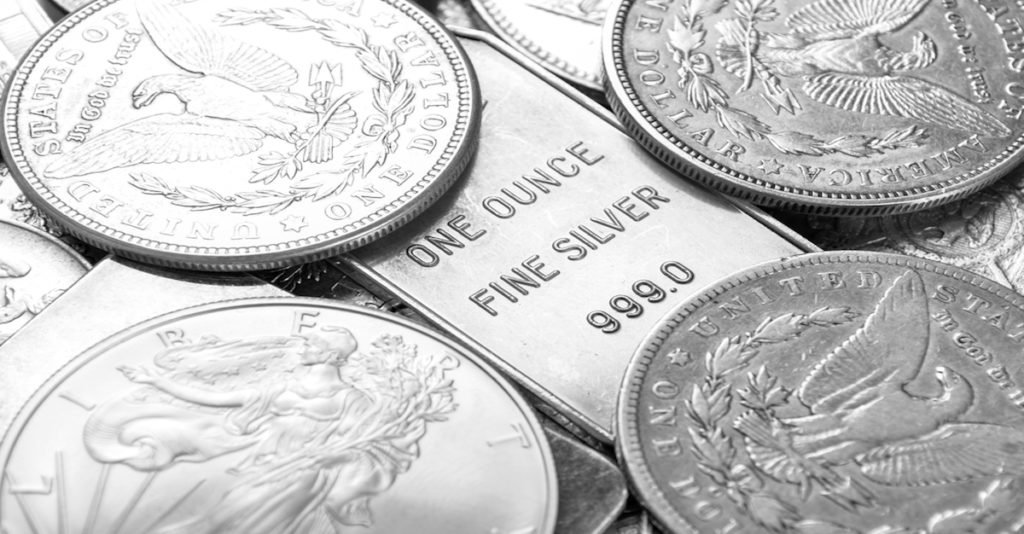By the summer of 1812, Napoleon still thought of himself as nearly invincible. He had conquered nearly all of Europe with relative ease and brought the continent’s remaining rulers under his control. He had personally lost just a single battle.
And his chief nemesis, Great Britain, had just been dragged into a new war with its former colony, the United States.
In short, things were really going his way. And the summer of 1812 would have been a great time for Napoleon to take a break, consolidate his gains, and focus on quelling internal rebellions and intrigue from within his vast, new empire.
So naturally he decided to invade Russia instead… something that no one had successfully done since Genghis Khan.
Yet Napoleon was convinced he would once again cruise to an easy victory, writing to his Foreign Minister on June 27th, “I have an army to which no modern army can be compared. . . I am in good hopes.”
Now, Napoleon was obviously a brilliant military commander, so his optimism wasn’t unjustified. He had studied other failed invasions of Russia– like Swedish King Charles XII’s futile attempt in 1708– so Napoleon knew that keeping his army well-supplied would be essential for victory.
That’s why he spent months preparing for his invasion of Russia. His generals stocked up on food, ammunition, clothing, medicine, etc., and staged them at key resupply points in eastern Europe.
But despite such intense preparations, they simply weren’t sufficient. Even someone as experienced as Napoleon managed to vastly underestimate the logistics and resource challenges to be successful.
And the end result was that Napoleon’s armies ran out of food. In fact hundreds of thousands of his soldiers died, many from disease and starvation. Morale plummeted. Confidence was shattered. And Napoleon’s enemies seized on the opportunity to unite against him.
It was a total disaster… and a major reason for it was failing to grasp just how difficult it would be to find enough resources– particularly food– to keep the operation going.
Napoleon’s ill-fated invasion of Russia is just one example of this timeless lesson from history: leaders often come up with grandiose plans and bold ideas without the slightest understanding of the resource challenges.
And one modern incarnation of this folly is the fanatical green agenda that aims to completely replace fossil fuels with renewable energy.
For argument’s sake, let’s just pretend for a moment that this is a great idea and totally worth the $100+ trillion cost, i.e. let’s assume money is no object… which is basically what the greenies believe anyhow.
Money doesn’t solve the most basic challenge of the green fantasy: where will they get all the raw materials?
Solar panels and wind turbines require a lot of resources, including basics like iron, copper, and steel. They also need some really nasty minerals, like cobalt, which are typically extracted by child labor in Africa under appalling conditions.
Wind and solar also require a host of other obscure elements like indium, terbium, dysprosium, and praseodymium; and the quantities of these minerals that will be needed to achieve renewable energy goals are far, far greater than what’s possible.
For example, producing enough solar panels to have 100% renewable energy by 2050 will require production levels of indium that are over 10x greater than exist today.
Ramping up indium production by 10x is no small feat… especially when these same green fanatics simultaneously want to cancel the mining companies.
It’s ridiculous when you think about it. They want the world to be powered by solar panels. But they want to prevent the mining of the essential minerals needed to produce those solar panels. It’s progressive logic at its finest!
This is why I opened today’s article talking about Napoleon’s attempted invasion of Russia; he failed because he underestimated the vast quantities of raw materials that would be required to sustain his armies.
Similarly, today’s green fanatics will fail because they are underestimating the vast quantities of raw materials that will be required to achieve their dream.
But that doesn’t mean they won’t try. Fanatics never let ignorance get in the way of a bad idea.
And this is what leads me to silver.
Silver is an essential ingredient in the production of renewable energy technology; simply put, you can’t make the energy grid renewable (on wind and solar, at least) without massive quantities of silver.
Every MegaWatt of power produced by solar panels requires 1 kilogram of silver, or one metric ton per GigaWatt (GW). And those may be very conservative estimates.
My colleague Gregor Gregersen, founder of Silver Bullion in Singapore, told me over the weekend that a recent study estimated up to 21 metric tons of silver will be needed for every GW of power.
Either way, green energy requires substantially more silver than is being mined right now.
And remember that silver production is already in a deficit at the moment, i.e. industrial and investment demand for silver ALREADY exceeds annual mining output.
Yet on top of existing demand, these completely unrealistic renewable energy goals will easily increase silver demand by another 3-5x.
This is a pretty clear growth catalyst for future silver prices…









